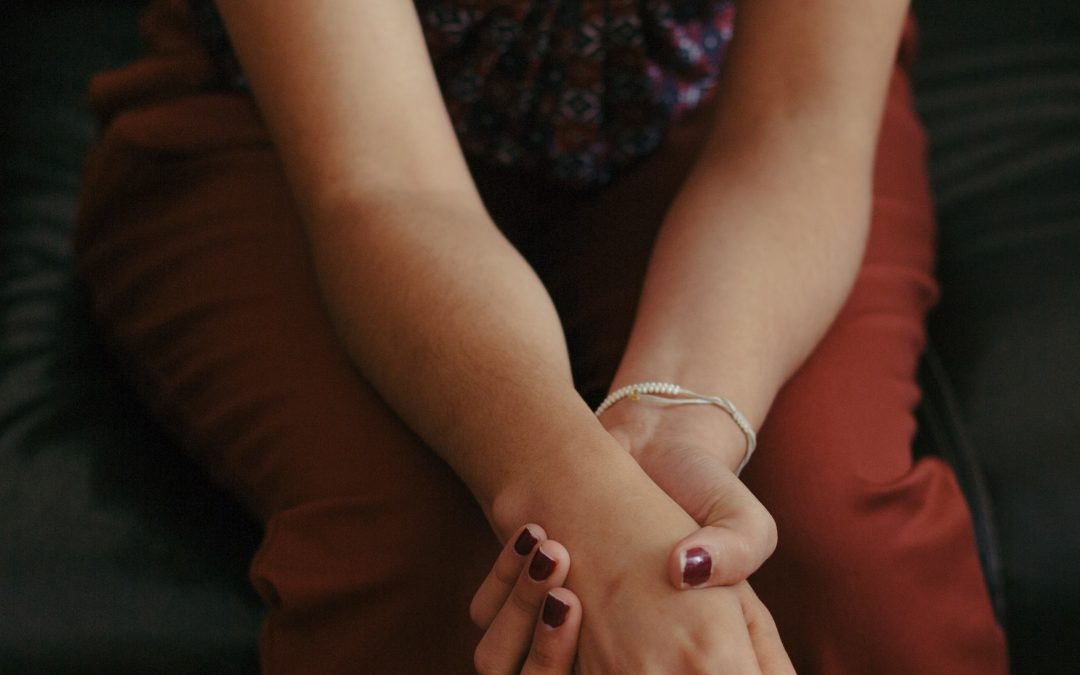Depression is a type of mood disorder, often characterized by persistent feelings of sadness and hopelessness. That being said, depression can take form in many different ways that do not always resemble sadness. Depression can stem from a lot of different things, and sometimes it can present with no explanation or apparent reason at all. However major depressive disorder can lead to a multitude of adverse effects on an individual’s overall functioning and well-being, so it is important to know the signs to watch out for even if you don’t feel sad.
Signs
- Appetite Changes
- One of the symptoms listed under the DSM-5 for Major Depressive Disorder (MDD) is an increase or decrease in appetite nearly every day. Although this may seem unrelated to your mood, changes in appetite can be a large indicator of having depression. Sometimes this occurs as a result of depletion of serotonin levels, but it can also happen due to increased stress that may be part of one’s depression.
- Social Changes
- If you are isolating yourself from seeing others or withdrawing from social situations, this may be a sign you’ve developed depression. Depression often results in a markedly diminished interest in pleasure, thus withdrawal and isolation could be part of this experience.
- Overworking Yourself
- While this may not seem in congruence with typical depressive symptoms, overworking yourself can be a form of dissociation or avoidance. If you were never one to be categorized and find yourself suddenly overloading yourself with work projects, this might be a sign of you attempting to neglect or mask your depressive feelings.
- Extended Periods of Stress and Irritability
- We all experience stress to a certain extent, but when it gets to a point of no return, it probably is time to think about why this may be happening. Moreover, this stress and irritability might actually be caused by your lack of interest in life, and diminished ability to think or concentrate, both of which are DSM-5 symptoms of MDD.
- Low Libido
- While it is completely normal to experience changes in sex drive, if you begin to notice a major decrease in libido that differs from your typical pattern, this could be an indicator of depression.
- Changes in Sleep Patterns
- Even if you’re not feeling sad, if your sleep habits have begun to change, your body could be trying to tell you something. The DSM-5 includes fatigue or loss of energy nearly every day as one of its main MDD symptoms. Sleep patterns largely can inform practitioners about your state of well-being, so if you feel that you may be oversleeping or unable to sleep for extended periods of time, it is probably a good idea to check in with a clinician.
- Increased Sensitivity to Rejection
- An increased sensitivity to rejection may be seen as one of the “atypical features” of depression. If you begin to notice an increased emotional sensitivity to rejection, it may be the result of deeper feelings of worthlessness that often coincide with depression.
All in all, depression can look different in every person. The main takeaway here is that depression does not always translate to sadness. If you are experiencing anything above, but don’t find yourself feeling necessarily sad, depression could be the cause.


